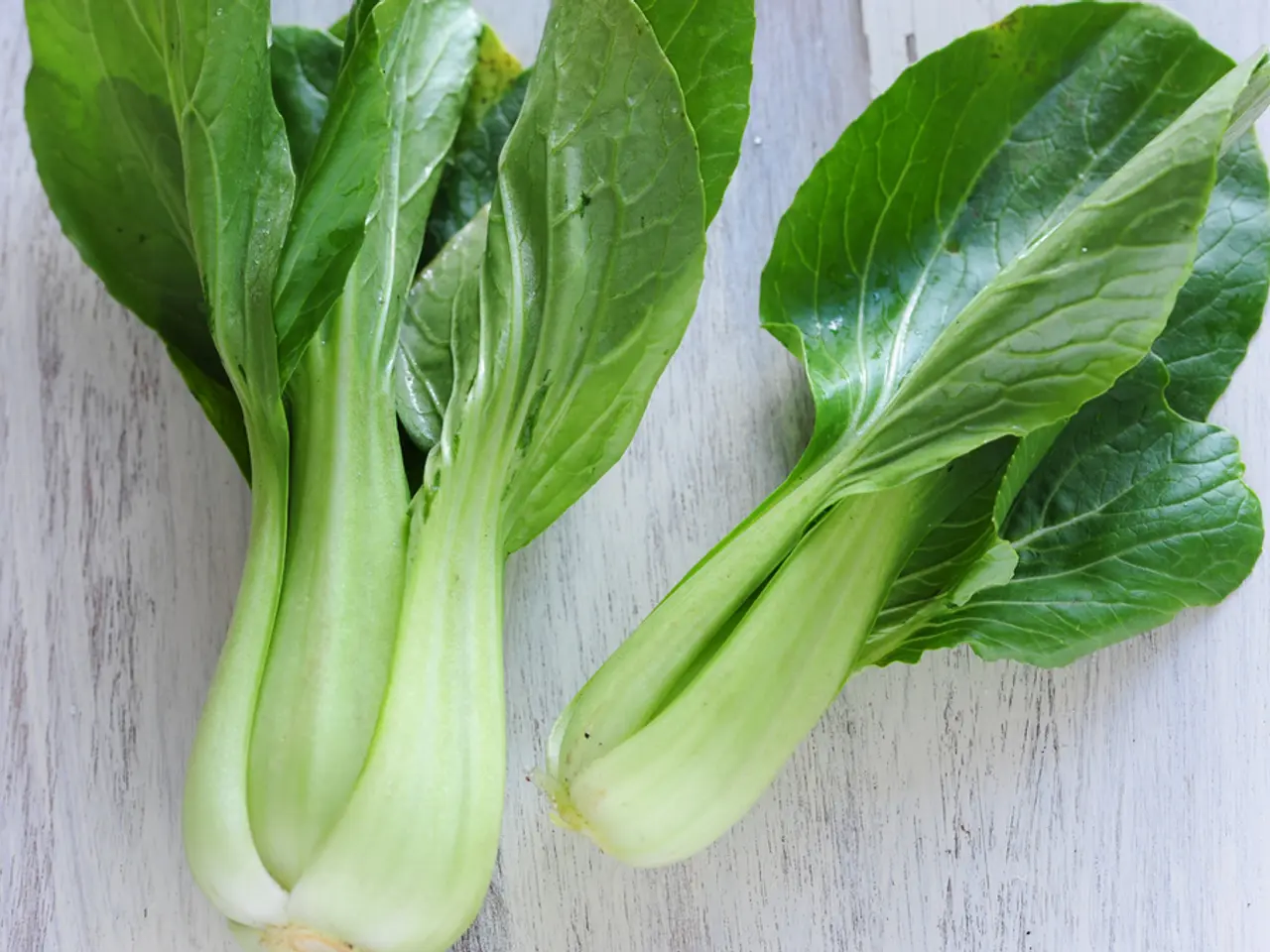Consuming a daily portion of this regular kitchen ingredient could potentially reduce cholesterol levels, according to newly conducted research.
The American Society for Nutrition's annual meeting, NUTRITION 2025, recently presented groundbreaking research on the effects of chickpeas and black beans on health, particularly for individuals with prediabetes.
Morganne Smith, a PhD candidate in food science and nutrition at the Illinois Institute of Technology, led the study that involved 72 adults with prediabetes over a 12-week period. The participants were divided into groups consuming either a daily cup of chickpeas, black beans, or white rice (control group).
The study's findings suggest that **chickpeas** have a significant impact on **lowering total cholesterol levels**. After 12 weeks of daily consumption, total cholesterol levels fell significantly, from an average of 200.4 to 185.8 milligrams per decilitre. This cholesterol-lowering effect is attributed to chickpeas' high content of phytosterols, plant compounds known to help reduce cholesterol.
On the other hand, **black beans** showed a more pronounced effect on **reducing chronic low-grade inflammation**, a key contributor to chronic diseases like heart disease and type 2 diabetes. The anti-inflammatory properties are linked to the unique phytochemicals that give black beans their colour.
Interestingly, the study did not find changes in blood sugar levels. This research underlines how different types of beans contribute differently to metabolic health, supporting dietary recommendations to consume a variety of colourful plant foods for maximum benefit.
Researchers are currently exploring the bioactive components that distinguish black beans from chickpeas, particularly changes in microbial-derived metabolites, such as short-chain fatty acids, and how these shifts may contribute to improved metabolic health outcomes. They are also analyzing glucose regulation test data and plan to investigate how legumes affect the gut microbiome.
Morganne Smith has had peer-reviewed research published in journals such as Nutrition and Healthy Aging and Metabolites. The study's focus is on understanding the mechanistic links between diet, the microbiome, and the prevention of chronic diseases.
For convenience, canned versions of chickpeas and black beans were used in the study. The research is yet to be published in a peer-reviewed journal.
In summary:
| Bean Type | Specific Health Benefit | Underlying Compounds | |----------------|---------------------------------------------|-------------------------------| | Chickpeas | Lower total cholesterol | Phytosterols | | Black beans | Reduce chronic low-grade inflammation | Anti-inflammatory phytochemicals |
This research provides valuable insights into the unique health benefits of chickpeas and black beans, emphasising the importance of dietary diversity for maintaining good health.
- The study findings suggest that chickpeas have a significant impact on lowering total cholesterol levels, attributed to their high content of phytosterols.
- Black beans, on the other hand, showed a more pronounced effect on reducing chronic low-grade inflammation, due to the unique phytochemicals that give them their color.
- Researchers are currently exploring the bioactive components that distinguish black beans from chickpeas, particularly changes in microbial-derived metabolites and their contributions to improved metabolic health outcomes.
- This research underlines the importance of dietary diversity for maintaining good health, as it highlights how different types of beans contribute differently to metabolic health.
- Morganne Smith, who led the study, has had peer-reviewed research published in journals such as Nutrition and Healthy Aging and Metabolites, emphasizing her focus on understanding the mechanistic links between diet, the microbiome, and the prevention of chronic diseases.




